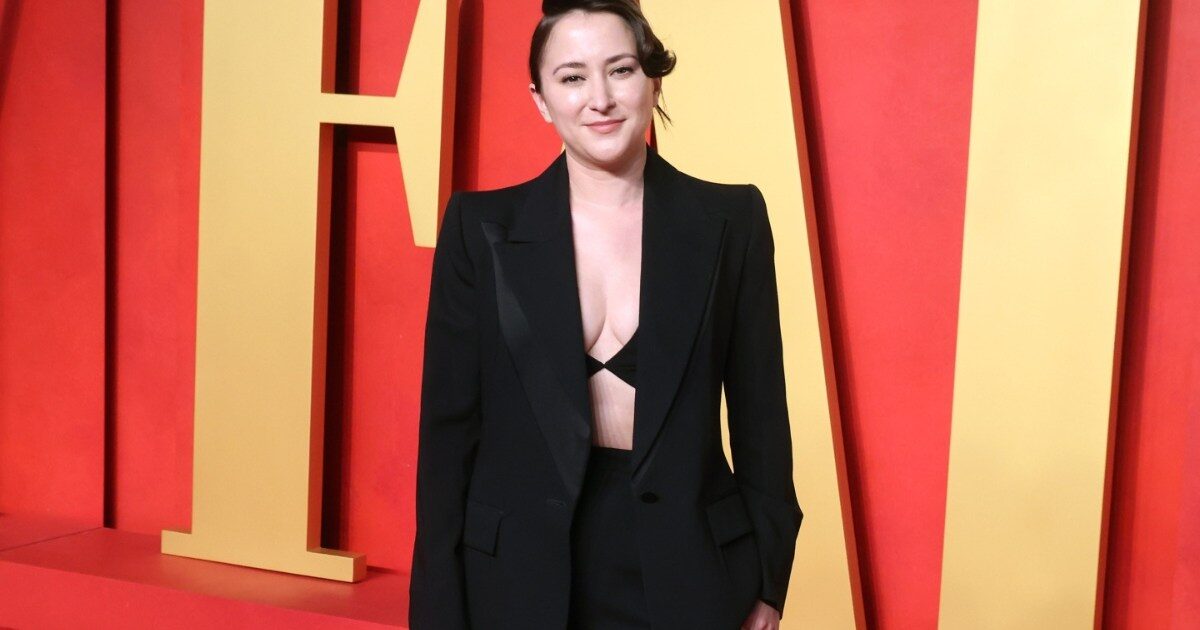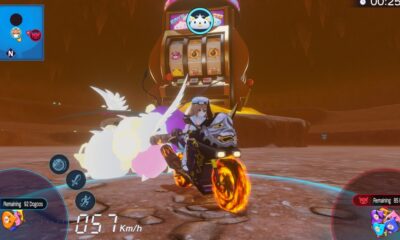Topics
Zelda Williams Slams Studio Ghibli Style Anime AI Filter: ‘F*** AI’

Zelda Williams’ Instagram has once again become a platform for strong opinions, this time as she openly criticizes the viral Studio Ghibli AI filter trend. As AI-generated images flood social media, Zelda has taken a firm stance against the technology, arguing that her late father, Robin Williams, would have despised it.
Here’s what Zelda Williams said about the trend on her Instagram, and why her message is resonating with so many.
Robin Williams’ daughter criticizes Studio Ghibli AI filter trend.
Zelda Williams, daughter of the late actor Robin Williams, has publicly criticized the trending use of AI-generated “Studio Ghibli style” images. She expressed strong disapproval of AI art, particularly calling out its environmental impact and the artistic laziness it promotes (via X formerly Twitter)
In a series of posts, Zelda wrote, “People are gleefully sharing ‘Studio Ghibli style’ AI memes and photos, as though the man himself wouldn’t absolutely despise the technological piracy and negative effects on our environment.” She emphasized the emptiness of a world where machines create art in place of human effort, stating, “Lazy doesn’t just affect the body, it rots the mind.” Her comments reflect a growing concern among artists about the rise of generative AI tools and the disregard for ethical and creative implications.
Zelda’s frustration also touches on the broader cultural response to criticism of AI. She noted the dismissive attitude of many users, saying, “The amount of ‘get used to it’, ‘it’s fun’, ‘stop whining’ that I see in response to anti-AI sentiments is wild.” Her stance underscores the divide between those excited by AI’s novelty and those worried about its long-term impact on creativity and society.
Zelda concluded by reminding audiences of the deeper value of art and environmental responsibility, sarcastically remarking, “Making shitty memes and self-portraits while ruining the planet is too dumb even for Wall-E. At least the trash he had to clean up was REAL.” Her commentary challenges people to reflect on the ethics behind digital trends and their implications for both the artistic community and the planet.










